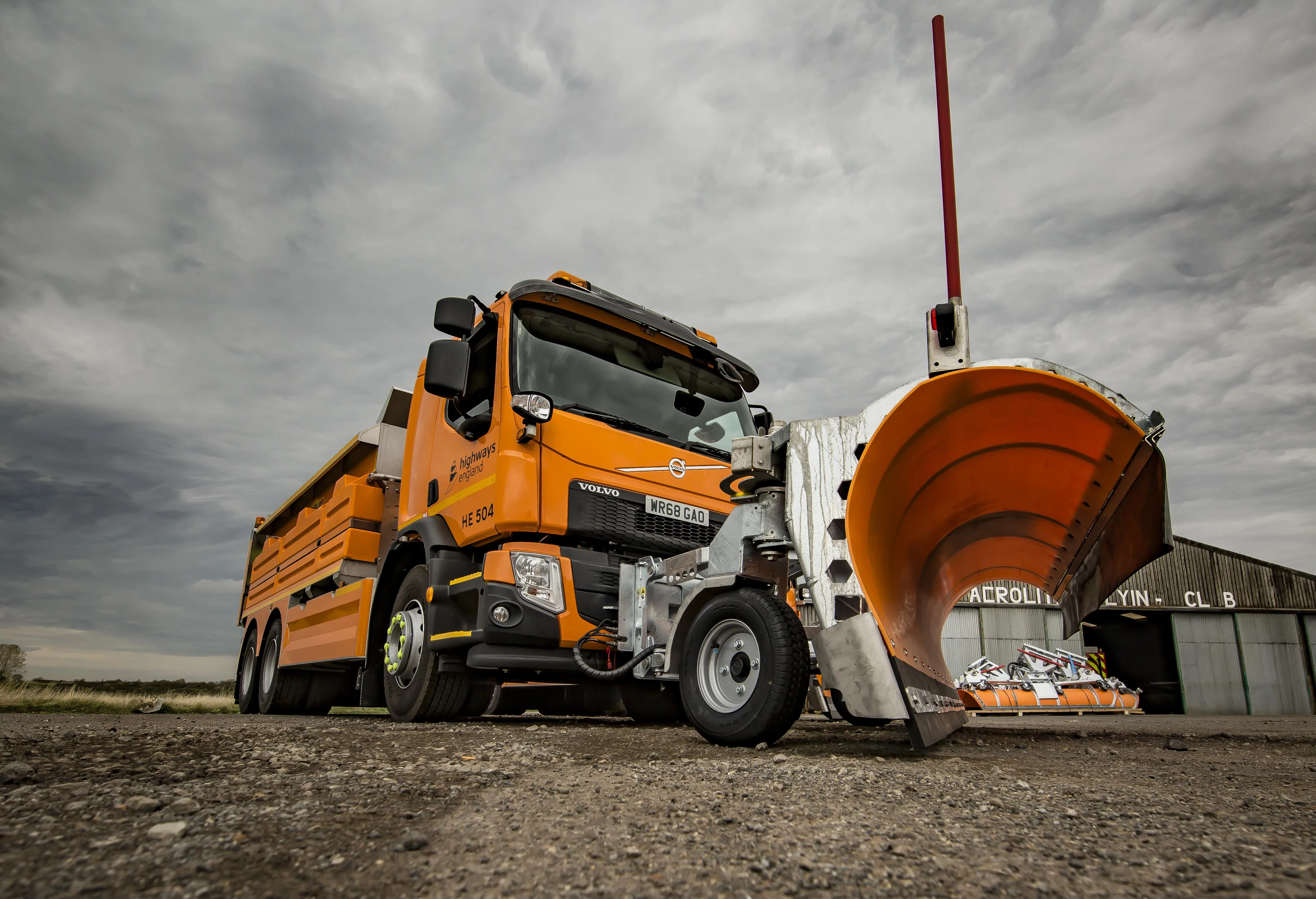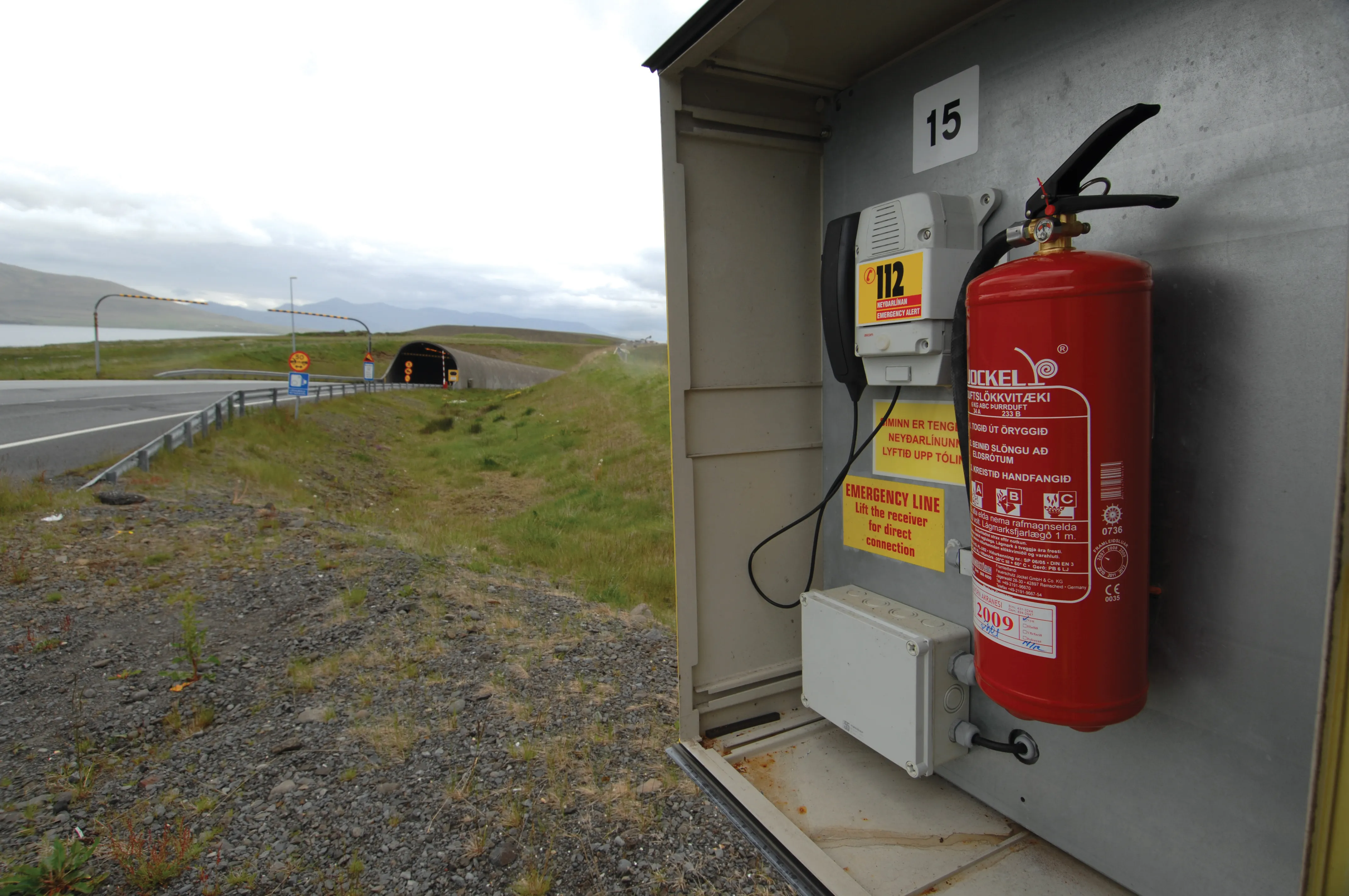
The island’s 104,000km² and its 333,000 inhabitants are susceptible to daily seismic activity of some kind.
However, airline passengers, either visiting the country as tourist or in transit, are increasing by around 20% per year so good airport services are essential. As such,
The highway network is shaped around the natural features of a difficult and constantly changing – sometimes abruptly - environment. Around 60% of the road system is not asphalted while 35% has a single-surface treatment. Only 5% of the road network consists of traditional hot asphalt.
In 1987, Colas, a global road building company took the decision at its Denmark offices to establish an operational centre in Iceland. Now, of the 350,000tonnes of asphalt produced on the island annually, around 250,000tonnes are provided by Colas.
In the second half of 2015, Colas Denmark, including the Icelandic operations, conducted a technical-commercial market survey, aimed at pinpointing a new plant whose first task would be to re-qualify and expand Reykjavik’s airport. The work was to act as a benchmark for the company’s work on other building and maintenance projects on the island.
Fundamental for future asphalt plant on the island was good mobility on wheels, for quick and easy transfer but over rough terrain. The plant also had to have rapid installation to permit quick, low-cost relocation without the need of often unavailable heavy-lifting equipment.
Capacity of the plant had to be more than 200tonnes/hour to enable production in a short period of time. Also required was sufficient storage to permit uninterrupted production.
Finally, resistance, quality and reliability were important for an asphalt plant to ensure continuous production. Plant servicing in Iceland, both from the point of view of technical support and the supply of necessary spare parts, can be a problem.
The choice of a
The plant is self-erecting by way of a hydraulic system that lifts the main trailer into its working position. A small electric winch fitted onto the main trailer positions the screens and elevator into their final work stations. Structural integrity is assured through such initiatives as Marini Endurance, a high-wearing elevator with resistant REX chain.
In May 2016 Marini finally moved the machine out of the company workshop in Alfonsine, north-east Italy, and onto a ship at nearby Ravenna for its journey to Iceland. After a four-week sea journey and two weeks of testing, the unit was ready for work.
The first job awaiting the new XPRESS 2500 P has been the resurfacing of the new runway at Reykjavik airport, around 50km from the capital city and an important European tourist flight centre.







